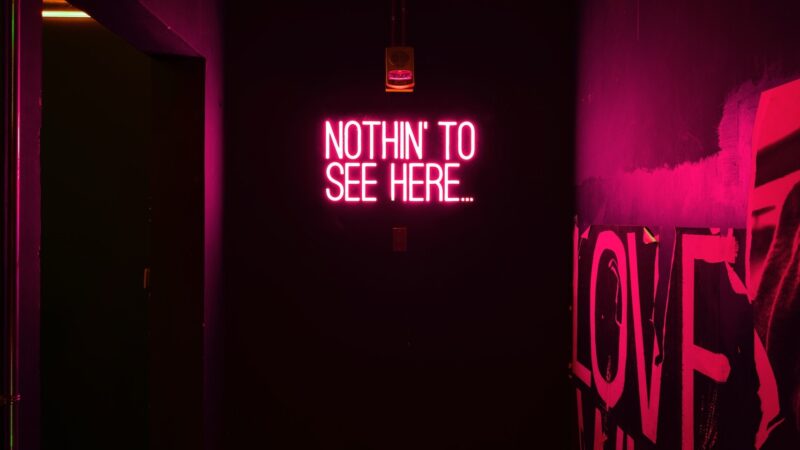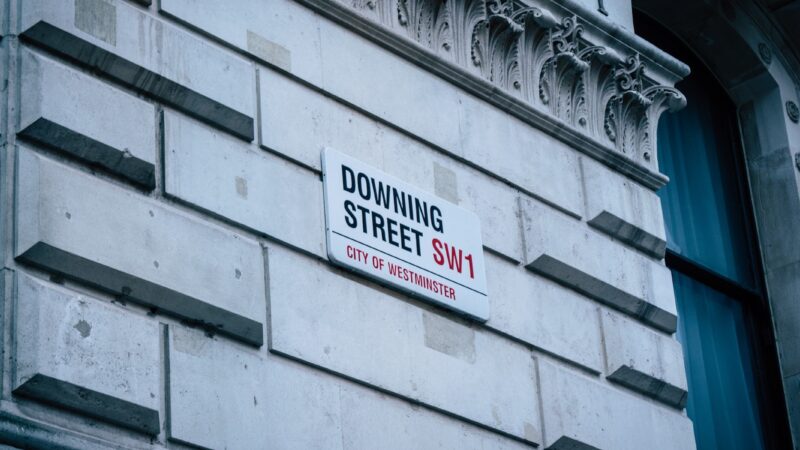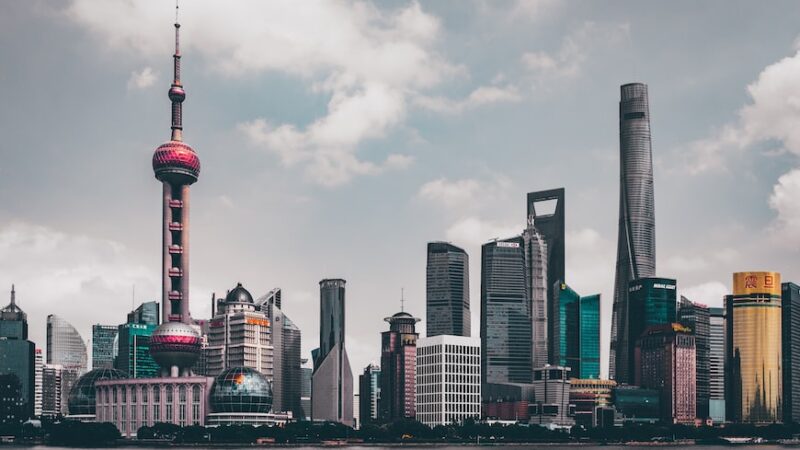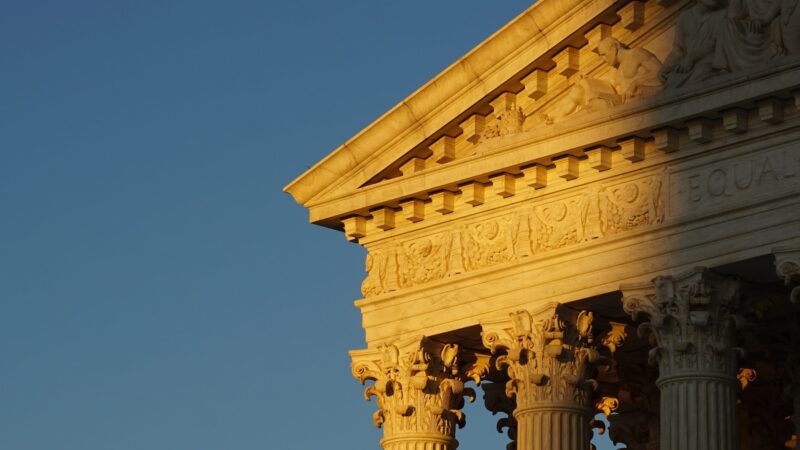Stop Pigeon Hate
Why is the pigeon so hated? Is it due to his availability as a target? After all, he is a common sight in our towns and cities, so common he can seem like an omnipresent nuisance.
Maybe it’s his appearance? Admittedly, he is less stunning than other birds; his generally grey countenance is far less pleasing than the radiant scheme of a kingfisher or the sparkled wings of a starling.
Perhaps it’s his stature? Small and stout, he’s certainly an easier target than any bird of prey, lacking the brawn of an eagle or the sleekness of a falcon.
Whatever the case, the pigeon does not have a good reputation. Recently, he has faced criticism for a variety of reasons, from trying to liberate mankind from its self-imposed enslavement to mass media, to taking over a house after the landlord made the avoidable mistake of leaving the windows open for four weeks.
In my view, the public’s attitude towards pigeons can be best summarised with a well-known, albeit not entirely original, comment from Ken Livingstone, former Mayor of London: “pigeons are rats with wings.”
Now this is simply not true. Given the opportunity, the pigeon shows himself to be a considerate and upstanding member of our society, which is certainly more than can be said for many of its human participants.
Naturally, some nuance is required. After all, there are many different types of pigeon and there is no strict distinction between a pigeon and a dove, the latter of which has marginally better connotations, such as being a symbol of peace and salvation.
The largest and most common pigeon in the UK is the woodpigeon. Shy and tame, they are mostly grey with white patches on its neck and wings. Although primarily found in rural areas, they can also be found in more urban areas.
Due to their sizeable presence, you’ve definitely heard their call, especially if you live in suburban England. The soundtrack to a gloomy Sunday evening, their gentle cooing stirs a sense of melancholy in the local children, reminding them they have got school tomorrow.
Secondly, there is the collared dove, which gets its name from the black mark which stretches around the back of its neck. Pale brown, with reddish eyes and feet, unless there’s a buffet on offer, they’re almost exclusively seen on their own or in pairs.
Indeed, the collared dove’s unwavering monogamy is arguably more defining than the mark to which it owes its name. Wrapping only half-way around it’s neck, hence it’s comparison to a collar, when united with another collared dove, it becomes a full matrimonial ring. How’s that for nature’s poetry?
Then, there are rock doves. Also known as the feral pigeon, they are ancestors of domesticated pigeon. Coming in a diverse range of colours, from dark blue to black, from pale grey to white, from a rustic brownish orange to a brick-red.
These are the urban sprawl of pigeons. Whilst all creatures are innocent until proven guilty, should you find a stray blob of poop on an inner-city pavement, he’s going to be your prime suspect. When people speak of rats with wings, they think of the cooing greaseball known as the rock dove.
Similar to rock doves, stock doves have darker feathers, especially on their rump and wings, a distinct green neck patch, and a pink chest. Concentrated in the English midlands and southwest, becoming rarer in northern Scotland and Ireland, the UK is home to over half their European population.
However, unlike the rock dove, the stock dove is less likely to be seen in urban and suburban areas, preferring farm life to big city living. This is because he is generally shyer and more averse to humans than his cosmopolitan cousin.
Finally, the turtledove is the runt of the flock, being only slightly bigger than a blackbird. Arriving in the UK in spring and leaving for Africa in winter, its feathers are a distinctive mottled mix of a black and golden brown, with a white-rimmed black tail.
Unlike his relatives, the turtledove is a picky eater, choosing to indulge on cereal grains, oilseed rape, and chickweed. Unfortunately, due to his refined tastes, the turtledove has been in decline since the mid-90s, largely due to a lack of his favourite delicacies.
Given this, we can see that the pigeon is not merely a rat with wings. All at once, the pigeon is a sensible everyman, a young lover, a boisterous yuppie, a country bumpkin, and a persecuted aristocrat. They are diverse and endearing creatures with varying personalities and habits, reputations and interests, but much of the public want to exterminate him over a few measly droppings.
Every bird defecates, but the pigeon is solely hated for doing so. It’s for this reason I militantly oppose anti-pigeon architecture. Every public building in Britain is glazed with spikes, ruining their appearance in the name of protecting it.
On several occasions, I have sat in York station, waiting for my train home, with a quiet emotional investment in pigeons looking for somewhere to perch, watching them steer clear of the spikes, mentally cursing the communist station master who had them installed.
I’d prefer railway staff clean up bird droppings than behave like members of the Cheka, indulging their pathetic power fantasies by shouting at people for standing less than a country mile behind the yellow line. Mate, mate, mate. Health and Safety, yeah?
Following the riots of Oxford Street, which included looting and violent clashes with the police, one left-wing academic suggested the chaos could’ve been avoided if the rioters had access to public swimming pools.
As most people realised at the time, this suggestion is ridiculous on a number of levels. For one, unlike animals, humans have an innate tendency towards evil. It is easy to imagine machete brawls between illiterate migrants and fake bomb threats by TikTok pranksters overrunning such places.
However, it raises an important, if only loosely related question: why are there so few public birdbaths?
Despite his reputation as a feathered hobo, the pigeon is quite a cleanly creature, taking every chance he gets to fastidiously groom himself.
We have a birdbath in our garden, and we have many regulars, our most well-known being an especially rotund and fluffy woodpigeon, whom my mother affectionately refers to as Fat Wilbur.
I do not see this ‘winged rat’ Livingstone speaks of. Wilbur makes his stop, does what he needs to do, takes in the atmosphere, before moving on his way, not wanting to overstay his welcome. Should other pigeons accompany him, he makes room, as they do for him, and all is well.
The idea that such tranquillity could emerge in a society as presently low trust as ours is simply absurd. Of course, being a pigeon, it’s unlikely he does this for any pretentious, perception-based reason. Indeed, his fixation must be rooted purely in the value of cleanliness itself!
However, contrary to pervasive anti-pigeon sentiment, the pigeon is not only a cleanly creature, but a clever one too.
It can be hard to accept that pigeons, creatures known for flying into windows and pecking at cigarette butts, can distinguish between Picasso and Monet, but they can. In fact, according to the scientific research we have, pigeons are amongst the most intelligent birds in the world, showing a variety of relatively complex cognitive abilities.
Of course, whilst it is undeniable that humans are much smarter than pigeons, we do not use our superior faculties particularly well.
Whilst humanity may be threatened by the whims of idiots or a lack of imagination, hindering our ability to innovate and develop, our kind is similarly threatened by overthinking.
As a result, we deny ourselves the ability to be authentic, we shun risks in the name of avoiding embarrassment and pain when such risks could just as easily bring us laughter and joy. In the words of Paglia: “consciousness has made cowards of us all.”
As such, we should not be surprised when pigeons manage to be funnier than us. Just by being what they are, pigeons are funnier than basically every living comedian. Every wannabe BrewDog-sipping funny man, with his safe-edgy humour and hashed-out irony, fails to be more amusing than a random birb going about its business.
Walking around in circles, sporadically pecking the pavement, stopping occasionally to exhibit his dumbfounded ‘the lights are on, but nobody’s home’ expression, bobbing its head like its listening to a really good song, it is a grave fault in our being that a character as innocently absurd as this is considered less amusing than James Acaster.
Even the mere idea of a pigeon is funnier than most human attempts at humour. Go ahead, in your mind, visualise a pigeon (don’t worry, the cops can’t do anything… yet). You see that? Now that’s comedy. If you deny this, you Just Don’t Get It. Not much I can do about that.
Looking at these odd creatures, has nobody once thought: what are they up to? What’s their game? Why did they peck there and not there? Why did he take flight for seemingly no reason? Is there some secret pigeon meeting he needs to get to? What’s his schedule? Does he have time for an interview?
Yet, despite his apparent gormlessness, it is clear pigeons are far more sensitive than the average human.
If you’ve ever commuted anywhere via public transport, you’re no doubt familiar with the hectic nature of it all. From the loud noises to the chaotic stampedes, from the excruciating delays to the dodginess of certain folk, commuting isn’t exactly what most people would call an enjoyable experience.
Of course, whilst we might find certain aspects of commuting more annoying than others, we all agree on one thing: the worst part of commuting is other people.
Compare this to the pigeon, who shows consideration for personal space, does not play loud music, doesn’t try to con you out of your money, and generally minds its own business, preferring to get out of your way, rather than get into it.
If what Sartre says is true, that hell is other people, perhaps heaven is to be in the company of animals. More to the point, who is better company on a long commute than a pigeon?
Undoubtedly, the pigeon is not a faultless creature, and the shortcomings of us and other beings cannot excuse or undo this fact. That said, any fault which can be found with the pigeon can easily be remedied by human custodianship. We must spare him from the misguided disdain of busy adults and the clumsy tyranny of misbehaved children.
Pigeons are not flying rats, nor are they government spies. They are our friends and we should treat them as such. Stop Pigeon Hate!










The Dualism of Contemporary Archaeology
Time Team was an amazing programme. It was educational yet accessible, undeniably British and true to its discipline. Really, it was everything one could wish for from a television programme. Beyond the screens, it was just as successful in blasting a hole into the ivory tower of academic archaeology, the programme’s lack of gatekeeping and obfuscation opening a realm previously exclusive to university departments.
In 2006, its presenter claimed Time Team had published more reports on its excavations in the past decade than every university archaeology department combined, whilst criticising the shortcomings of the activity (or somewhat lack thereof) within the academic establishment. From the passion of the assembled historians and archaeologists in each episode, it is not difficult to believe this may have been the case.
Broadcaster politics and the pursuit of demographic ‘relevance’ destroyed this British staple rather swiftly in the early 2010s. In retrospect, it was the last hurrah for British archaeology before it wholly sank into the same cultural strife engulfing the rest of modern academia. However, it would be unwise to discard contemporary archaeological activities as nonchalantly as one might do with the rest of the humanities. Due to its fundamental characteristics, a unique dualism now exists within the discipline which merits some attention.
Readers will likely be able to guess many of the negative consequences contemporary culture has imparted onto academic archaeology, chiefly since they are the same as in other humanities subjects. These are focussed on the interpretations made beyond excavations in published writing, thus in the part of the discipline which is closest to modern history’s general malfunctioning. Both disciplines suffer from a homogenous progressive politics amongst academics, so generally hegemonic outcomes of that sort are all but guaranteed for the foreseeable future.
This renders discussion of certain historical subjects completely taboo, even when the tangible evidence is revealed by archaeologists, lest academics be seen to support a supposedly ‘toxic’ mindset about the past or something similarly in contravention of their worldviews. History is neither a story of progress, nor a proof of progressive values’ precedence and inevitability, but such facts are amongst those ignored by a paradigm of deconstruction.
Perhaps more disturbingly, for people of any political persuasion, archaeology can prove civilisations are not immortal and can fall in a wave of decisive violence in the right conditions. The anonymous archaeologist Stone Age Herbalist covered the flaws of contemporary academic archaeology in greater detail in an article for UnHerd last year, which I certainly recommend.
As for the other side of contemporary archaeology, the discipline remains defined by recovering tangible evidence of the past from nature, in other words a bedrock of empirical objectivity. If one puts aside the declining rigour of historical interpretations, the basic role of an archaeologist remains vital for our understanding of the past and its transmission to future generations. The past archaeologists excavate is less ‘living’ than, for instance, an extant Tudor manor, but is still has ample potential to animate the mind about how our ancestors once lived and contributes a great deal to our verifiable knowledge of history.
A couple of examples worth praising are in order. First, the ancient city of Pompeii should be at least vaguely known to all readers. After all, it is one of the most impressive archaeological sites in the world, accompanied by the allure of its dramatic demise to Mount Vesuvius in 79 AD. About a third of the city remains unexcavated, but is generally off-limits from further work in favour of extensively conserving previously unearthed buildings.
However, excavations restarted over the last few years in areas last dug over a century ago have brought forth a wealth of new discoveries, and digs on a new insula (city block) to relieve pressure on exposed walls have been widely reported for a fresco depicting something reminiscent of a pizza. The story of Pompeii is only growing richer as a result of this new archaeology. Second, a lot less readers will know about cuneiform, let alone be able to read it. Globally, only a few hundred people can competently translate the oldest known form of writing used by the Sumerians and Akkadians, whereas archaeologists have found some half a million clay tablets inscribed in cuneiform. Digitisation projects in recent years have aided the accessibility of these artefacts, but the scarcity of scholars yet hampers our recovery of that past.
Therefore, a paper published in May discussing a new project to translate Akkadian with neural machine translation might revolutionise our knowledge of ancient Mesopotamia. In essence, it uses similar technology to Google Translate to render Akkadian cuneiform as meaningful English phrases or sentences. Accuracy is far from ideal, as formulaic texts are translated with some skill by the program whereas literary texts are practically out of the question, but the prospect of substantial usefulness in the future exists without making Akkadian scholars redundant.
What does all this tell us? Contemporary archaeology derives an ultimately negative trajectory from its academic overseers, but this is indistinguishable from the rest of academia in the current deconstructive paradigm. Whilst the discipline is buttressed by an inherent tangibility and objectivity which still produces new discoveries, it should not be overlooked when discussing a restoration of academia towards renewed sense. Indeed, such a project will start from a better basis in archaeology than any other subject in the humanities.
I severely doubt archaeologists will begin grinding artefacts into dust which reinforce uncomfortable facts about human nature, but similar effects can be achieved more subtly by the custodial institutions. Archives and museums increasingly see their collections through a far more reductive and essentially monochromatic lens, with all the nuance therein of a medieval executioner by trading in absolutes. These institutions have developed culturally modish tactics to bypass their natural approach to tangible history and enable presentism to abound, removal to storage being the bluntest. One should not need to remind readers how much poorer the world will be in terms of future maintained knowledge the longer this persists.
We are almost lucky contemporary archaeology possesses characteristics that cannot let transient perspectives fully dominate. They may become the only tools left in the humanities to fight the entropies of this age, until such time as we remake the others ourselves.
Photo Credit.